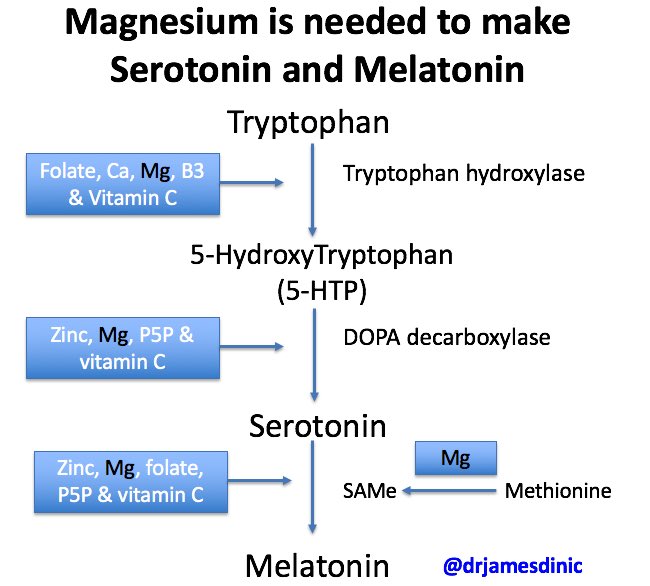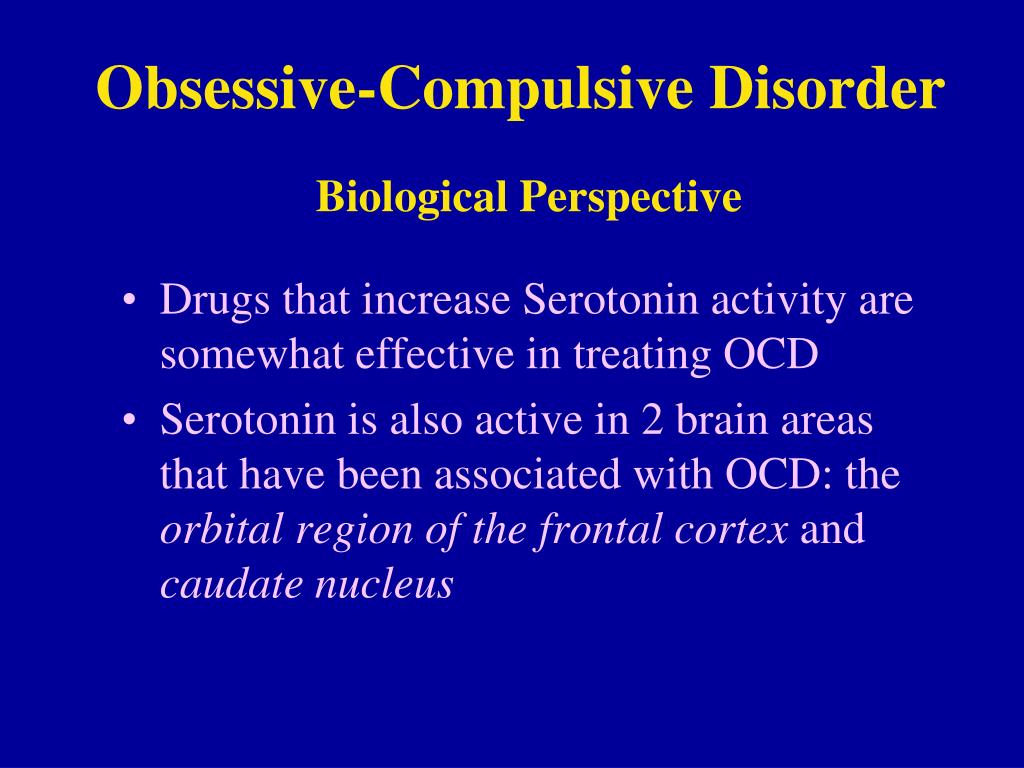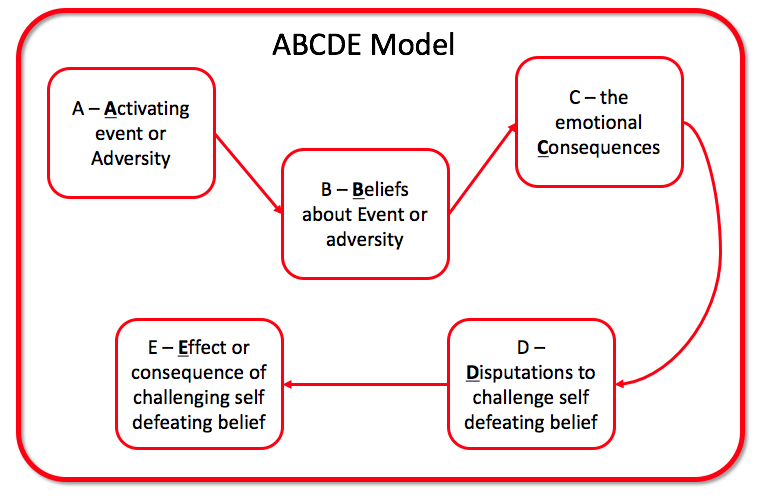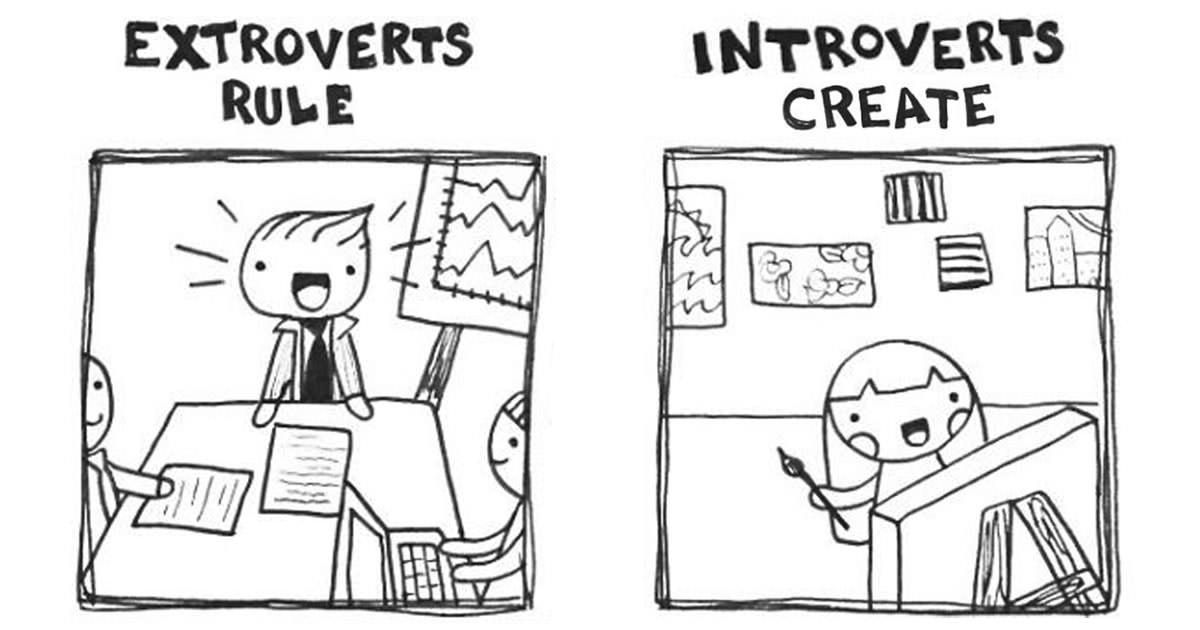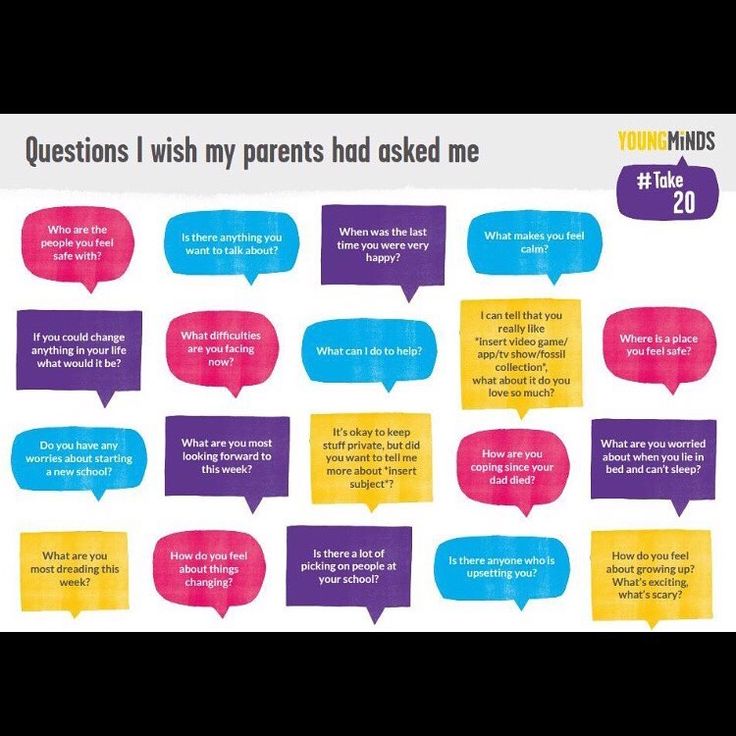Reversing parental alienation
Reversing Parental Alienation Home Page
Ginger Gentile
The Erased Child Whisperer
I will show you How to Reunite with Your Erased Child, Reverse Parental Alienation, and Heal Estrangement Caused by divorce or separation... Without the Courts!
Sign up for the FREE Masterclass
Ginger Gentile
The Erased Child Whisperer
I will show you how to Reunite with your Erased Child,
Reverse Parental Alienation, and
Heal Estrangement
Caused by divorce or separation
. . . Without the Courts! Sign up for the free masterclass
What’s inside the masterclass?
Learn the only TWO elements you need to reunite! (it isn’t a court order or reunification therapy!)
Create a plan to reverse alienation or reunite. . . even if you can’t see your kids or they claim to hate you.
Discover the top three mistakes that alienated parents make when reuniting!
It's only 30 minutes!
Sign up for Free Training: in 30 minutes learn how to reunite
Sign Up To MasterclassThe Reversing Alienation Roadmap: Go-At-Your-Own-Pace Program Teaches YOU how to Reunite & Stop Alienation
Book A SpotCoaching & Consulting: Personalized Action Plan to Reunite
Book A Discovery CallFEATURED IN:
I am on a mission to reunite 1000 families in 2023.-D. Mom of Rosalia, 7
"I had no contact with my adult daughters, just nasty text messages. Ginger helped me redesign my social media to focus on nurture instead of anger. Both daughters reached out months later! One will even do therapy with me."-S. Mother of Ashley 24 and Madison 28
"I was in reunification therapy with my teen daughter and getting no where. The therapist wasn't helping. Ginger gave me skills and a strategy. My daughter went from hostile to agreeing to schedule regular sessions. I see a path forward to healing."-K. Dad of Tracey 16
"I had no visits with my daughter since March. I started working with Ginger in December.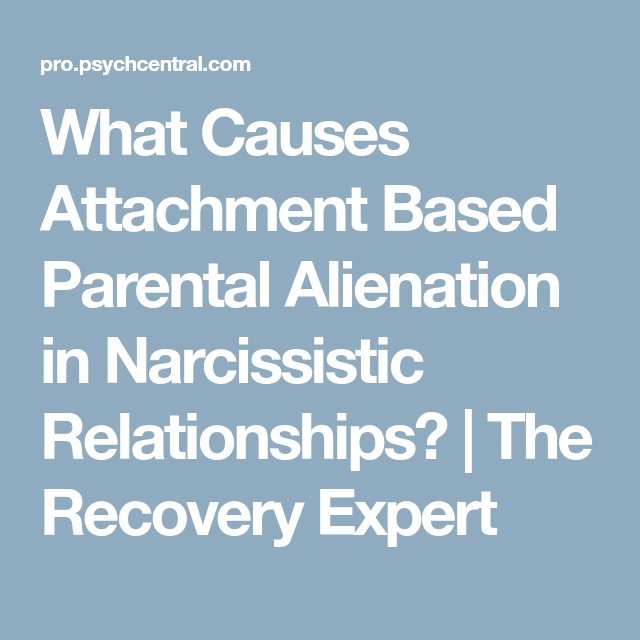 We spent New Years together! I had to cancel a session with Ginger because my daughter was at my home! We now talk on the phone regularly and are planning to take a vacation together. I know how to support her as an alienated child so she doesn't feel torn between two homes."
We spent New Years together! I had to cancel a session with Ginger because my daughter was at my home! We now talk on the phone regularly and are planning to take a vacation together. I know how to support her as an alienated child so she doesn't feel torn between two homes."
-L. Mom of Fern 15
"After one session with Ginger I got a text response from my 21 year old son that was happy instead of cursing. I also now see my seven year old daughter regularly while before I only got zoom calls (and this is without getting a court order, I just changed how I communicated with my ex)."-J. Dad of Linda 8 and Caleb 21
Ginger Gentile
The Erased Child Whisperer
After making two documentaries on how alienation traumatizes kids–and how it can be prevented and reversed, I was called to help families directly reunite. I discovered that all families who heal from estrangement and alienation follow the same patterns.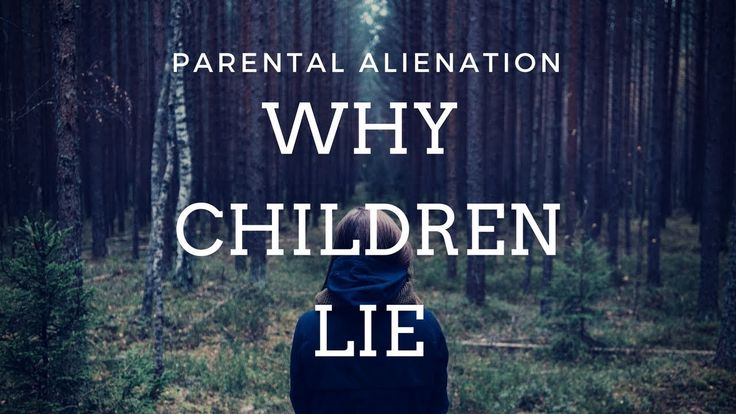 Anyone can copy these techniques, even after years or decades of no contact, even if your children are now adults. These strategies work for those who are in family court as well as families who don't have court cases - and are effective for parents who are actively being blocked from young children and teenagers. My goal is for parents to feel peaceful and joyful as they reunite!
Anyone can copy these techniques, even after years or decades of no contact, even if your children are now adults. These strategies work for those who are in family court as well as families who don't have court cases - and are effective for parents who are actively being blocked from young children and teenagers. My goal is for parents to feel peaceful and joyful as they reunite!
Erasing Family was featured on Red Table Talk!!
Parental Alienation: When Your Child is Turned Against You
Watch Ginger Gentile explain alienation on the national TV show RED TABLE TALK. She has also appeared on ABC, CBS, The Real Housewives and was named an Architect of Change by Maria Shriver for her work in reuniting families.
I discovered the secrets to reverse parental alienation after interviewing countless parents and kids who reversed parental alienation. Let's use them to heal your family!
How to Reunite with your Erased Child
Join this Free Masterclass and our email list to get tips on how to reunite.

Enter your name and email to get instant access
Ginger Gentile is the director of the
Erasing Family DocumentaryErasing Family is my second feature documentary on how divorce traumatizes kids and follows adult children as they reunite and heal their families. This film is designed to give erased kids an “aha” moment and encourages them to reach out to their families. It works! You can stream it now on all major platforms.
Before that I made Erasing Dad (Borrando a Papa) that caused joint custody to be enacted in Argentina and made alienation a trending topic. I also served as the Executive Director of the National Parents Organization in 2019. My expertise is storytelling, turning trauma into action and reconnecting with erased children with their parents.
My experience is also drawn upon my own journey as a child of high-conflict divorce.
I am results driven and called to help parents create solutions that work for their family. Each family is different.
Each family is different.
I am certified to offer the New Ways For Families Training created by the High Conflict Institute which teaches parents skills on how to calm down difficult exes and can be court orders. I am certified by iPEC, the most rigorous coaching training, so I can shift energy quickly and get clients to step into their own power. In March 2023 I will be training therapists and lawyers how to recognize and reverse alienation with the prestigious Mosten Gunthrie Training Institute.
WATCH HERE
Interested in learning more about Ginger and other consulting programs?
gingergentile.com
Can Ginger's coaching or roadmap help me if I have an adult child who is alienated and there has been no contact for a decade?
What if my kids or ex-spouse doesn't want to participate?
Can Ginger's Coaching or roadmap help me if I have an active court case?
My story is really unique and extreme.
 Will this work?
Will this work? How is the REVERSING ALIENATION ROADMAP different from other programs?
Can I take the lessons EVERSING ALIENATION ROADMAP at my own pace?
I'm not a parent. I'm a grandparent or spouse of an erased parent? Can I take it?
Who gets the most out of this program?
Do you guarantee results?
I made some mistakes. I don't know if I am estranged or alienated.
Parental Alienation: What Is It and How Do You Fight Back? (2023 Update)
What is Parental Alienation?
Parental alienation is a term used to describe a process by which one parent tries to cause the child to reject, fear, or avoid contact with the other parent. Read on to learn about how to fight back.
The term “parental alienation” comes from the term “parental alienation syndrome” coined by child psychiatrist Richard Garner in 1985.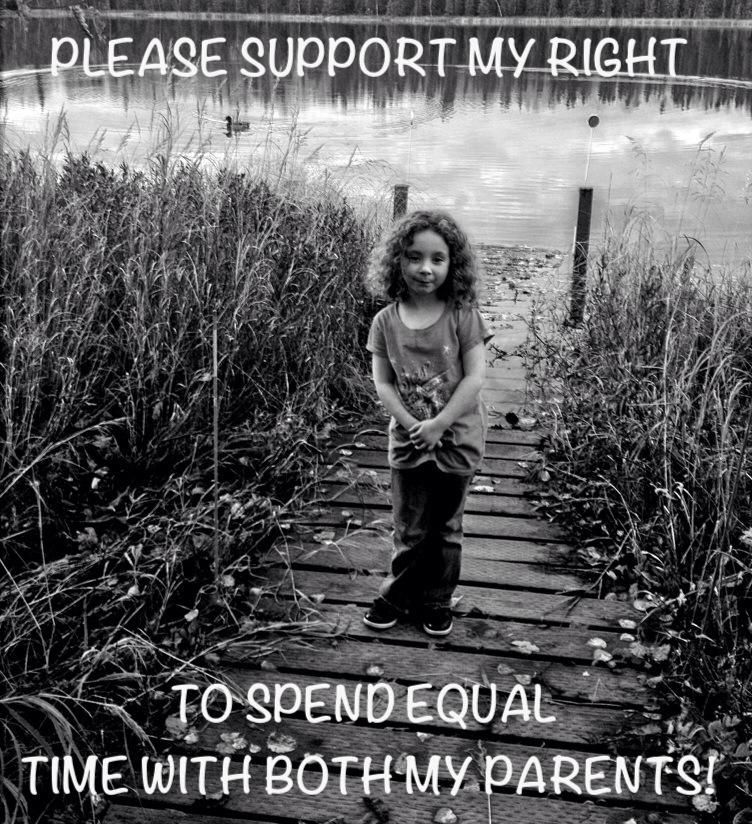 Gardner described it as “a disturbance in which children are obsessed with deprecation and criticism of a parent — denigration that is unjustified and/or exaggerated” because of one parent’s conscious, subconscious, or unconscious behaviors that affect the child’s perception. The medical community has widely rejected the use of the word “syndrome” and the term is not in their official list in the DSM-5.
Gardner described it as “a disturbance in which children are obsessed with deprecation and criticism of a parent — denigration that is unjustified and/or exaggerated” because of one parent’s conscious, subconscious, or unconscious behaviors that affect the child’s perception. The medical community has widely rejected the use of the word “syndrome” and the term is not in their official list in the DSM-5.
While the medical community has not officially recognized “parental alienation syndrome,” most people use the term “parental alienation” to describe similar behavior. Because parental alienation is a debated concept, the term carries varying weight with Colorado judicial officers and child custody experts. Because of the controversy surrounding the term, practitioners and parties should be cautious in using it and may want to use different terms such as “gatekeeping” or “coaching.”
Parental alienation cases are often very difficult because (1) it is difficult to prove, (2) it can be difficult to disprove, and (3) even if proven, it is difficult to find a solution that fixes the problem.
No couple want to think about the end of their relationship, newlyweds especially, but planning for all potential outcomes is vital for protecting your assets. These are the purposes of prenuptial and postnuptial agreements, written and signed before or after the wedding, respectively. These agreements cover both future and current assets, and can be thought of as insurance for a worst-case scenario.
- What is Parental Alienation? Parental alienation describes the process, usually intentional, by which a parent conveys through words, actions, or behaviors to the child that the other parent (the “targeted parent”) is dangerous, unsafe, abusive, or “bad,” which results in the child becoming fearful or avoidant of the targeted parent.
- What should I do if I am being accused of parental alienation? If you are accused of parental alienation, ask the other parent to describe the specific behaviors they have observed that make them think that you are alienating them.
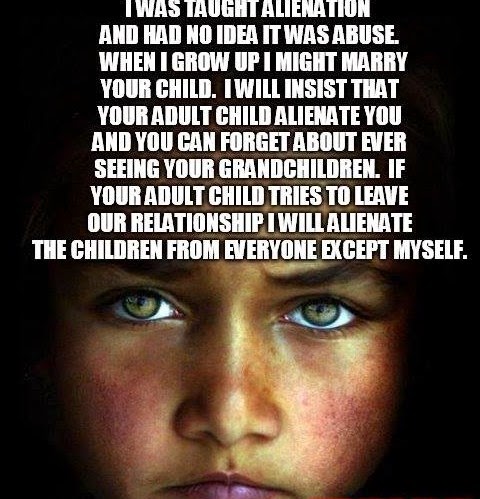 Take some time to reflect on your behavior and ask yourself whether you have indicated that you dislike the other parent. If you think that might be the case, try to speak more positively of the other parent. For example, praise the child for a trait they share with the other parent, put up photos of the other parent in the child’s room, and even state that you like the other parent.
Take some time to reflect on your behavior and ask yourself whether you have indicated that you dislike the other parent. If you think that might be the case, try to speak more positively of the other parent. For example, praise the child for a trait they share with the other parent, put up photos of the other parent in the child’s room, and even state that you like the other parent. - What should I do if I am being alienated by the other parent? Begin documenting everything you can and consider enrolling the child in therapy. If you think the parental alienation is severe, you should consider filing a motion to modify parenting time to limit the alienating parent’s parenting time.
- How do you stop and combat parental alienation? To stop parental alienation, work to maintain a positive, loving relationship with the child so that the child feels safe with you. Consider speaking with the other parent about behaviors you’ve noticed. If the alienation continues, consider parenting classes, therapy, and going to the Court for help.
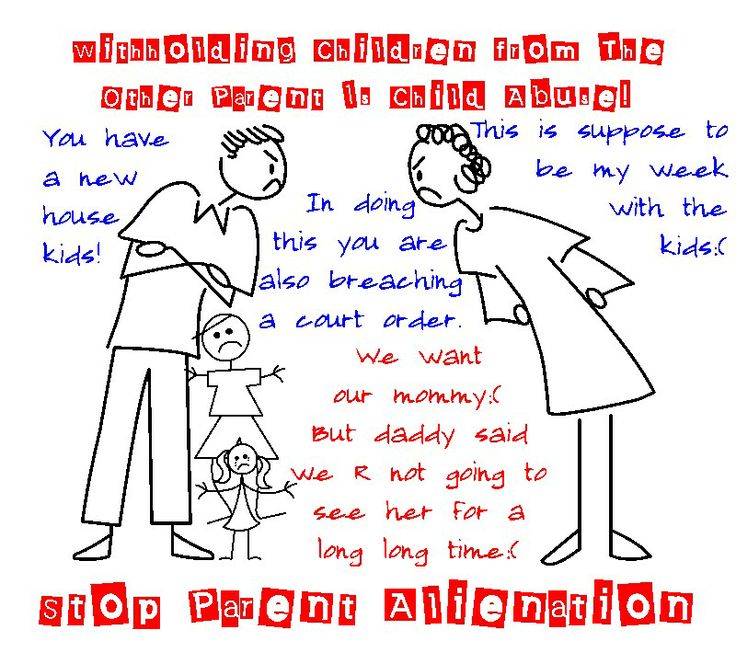
- How do you prove parental alienation is happening? Alienation can be very difficult to prove in court, but you should start documenting any changes in the child’s behavior. You should also speak with people who know the child well, like teachers and coaches and ask if they’ve noticed any changes as well, as they can serve as witnesses. Often, proving alienation requires the help of an expert witness.
- What is the impact of parental alienation on children? Parental alienation can have a significant negative impact on children, including emotional distress, anxiety, depression, and problems with self-esteem and identity.
- Can parental alienation be reversed? Yes, with appropriate intervention and support, parental alienation can be reversed. This may involve counseling, therapy, and/or mediation to help rebuild the relationship between the targeted parent and the child.
Is Parental Alienation Happening in My Case?
Parental alienation occurs in high conflict divorced families in which one or both parents dislike the other parent.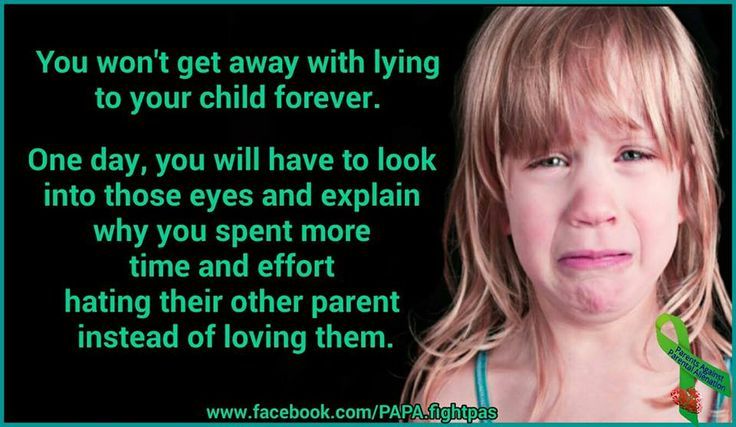
It is essential to distinguish between types of “alienating” or “gatekeeping” behavior. At a basic level, there may be justified or unjustified gatekeeping. Gatekeeping, meaning a parent is preventing or limiting contact between the child the other parent, may be warranted when the parent has abused the child or others. Unjustified gatekeeping aligns with what people commonly call parental alienation, which is when the other parent acts in such a way to cause the child to dislike or become fearful of the other parent, even though the other parent has not done anything to cause that reaction in the child.
Even if a party engages in justified gatekeeping, there is a possibility that the other parent will claim the protective behaviors are unjustified and thus are attempts to alienate the child from the other parent. Practitioners have noticed a gender-bias trend in cases in which the mother engages in “justified gatekeeping” in the face of abuse committed by the father. For example, in a recently released study analyzing cases involving abuse or alienation, the study made the following findings:
- When fathers alleged mothers were alienating, regardless of abuse claims, they took custody away from her 44% of the time.
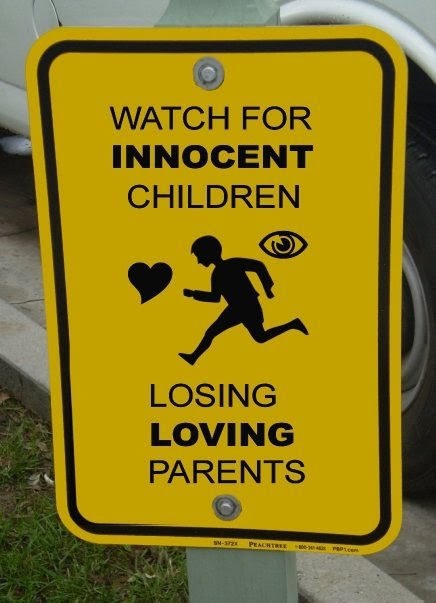 When the genders were reversed, and fathers started out with the children, mothers took custody from fathers only 28% of the time.
When the genders were reversed, and fathers started out with the children, mothers took custody from fathers only 28% of the time. - Fathers were overall much more likely to win than mothers by claiming alienation.
- When mothers claimed any type of abuse, if fathers responded by claiming parental alienation, then the mothers were twice as likely to lose custody as when fathers did not claim alienation. In the study’s stark conclusion: “alienation trumps abuse.”
- Even when the father’s abuse was considered by the court to have been proven, the mothers who were alleging the abuse still lost custody in 13% of the cases. By contrast, fathers lost custody only 4% of the time when a mother’s abuse was considered proved.
Thus, if you are accused of alienating, you must act quickly to counteract the narrative, especially if you are a woman, as being labeled as “alienating” can be extremely damaging.
In cases of unjustified gatekeeping, an alienating parent can act in ways that result in the child being alienated from the targeted parent.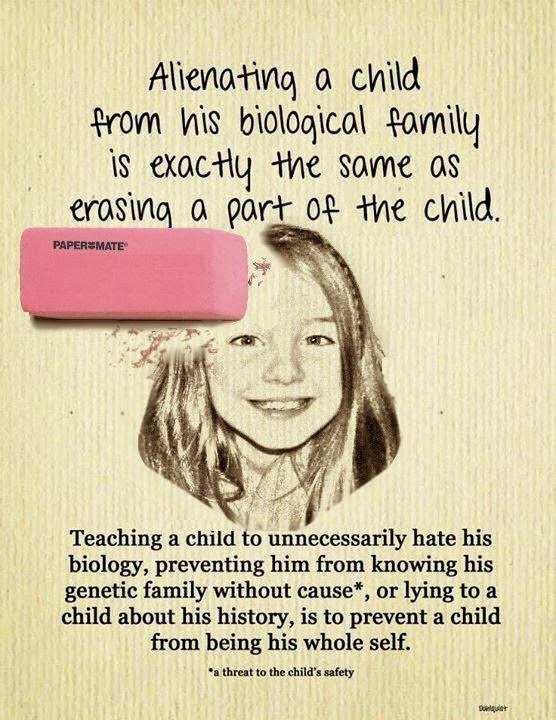 The alienating parent may blame the targeted parent for splitting the family. The alienating parent may remove from the house all photographs and similar mementos related to the targeted parent or refuse to talk about the targeted parent. The alienating parent may question the children about the targeted parent and express their disapproval about some behavior. The alienating parent may exhibit extreme inflexibility with the parenting plan as a pretext to deny the other parent parenting time. They could also display extreme sadness every time the child goes to the targeted parent’s house so that the children feel bad about parenting-time exchanges.
The alienating parent may blame the targeted parent for splitting the family. The alienating parent may remove from the house all photographs and similar mementos related to the targeted parent or refuse to talk about the targeted parent. The alienating parent may question the children about the targeted parent and express their disapproval about some behavior. The alienating parent may exhibit extreme inflexibility with the parenting plan as a pretext to deny the other parent parenting time. They could also display extreme sadness every time the child goes to the targeted parent’s house so that the children feel bad about parenting-time exchanges.
Occasionally, I see parents wage campaigns of denigration toward the targeted parent. Sometimes this leads to a situation where the child cannot display positive feelings about the targeted parent because they are constantly being encouraged to express negative feelings. This is evident when the child “parrots” or repeats perceived flaws or negative attributes about the targeted parent. The child may be unable to adequately explain why they have these negative feelings. It can also be displayed if the child cannot express any “gray area” or neutral feelings about the targeted parent.
The child may be unable to adequately explain why they have these negative feelings. It can also be displayed if the child cannot express any “gray area” or neutral feelings about the targeted parent.
Other behavior that may be characterized as alienating could include one parent’s over-involvement in the child’s life during the other parent’s parenting time. The alienating parent can (unnecessarily) go over emergency or 911 procedures with the children before going over to the targeted parent’s house, or the alienating parent can even provide the child with different ways to contact them, such as telling the child to contact them at school or giving the child a secret cell phone. The alienating parent can call or text the child excessively on the other parent’s time “just to check in” even if the child hasn’t been over at the targeted parent’s house for long.
How Do I Show a Court Parental Alienation Is Happening?
How to Document Parental Alienation.
The most helpful thing a targeted parent can do is to remain open to hearing what the child has to say, not only because it fosters and builds on the relationship between the child and targeted parent, but it also encourages the child to speak freely.
The most challenging aspect of alienation is that is can be very subtle and difficult to prove. The first place to start is to keep a journal of things the child is telling you and how the child appears while telling you. With alienation, it is crucial to show a pattern, which may mean keeping track with a calendar to show the Court later.
For example, if every Sunday night after leaving dad’s house, the child expresses his desire to live with dad full time, but doesn’t really otherwise express that sentiment otherwise, showing that pattern can be compelling evidence. It is helpful to know not just what the child said, but also how the child said it. Does the child tearfully say she doesn’t want to live with you just after seeing mom? Or does the child express it matter-of-factly after some time at home? Tracking as many details as possible may be important for your case.
Before Going to Court.
Besides documenting the child’s behaviors that you believe result from alienation, consider enrolling the child in therapy.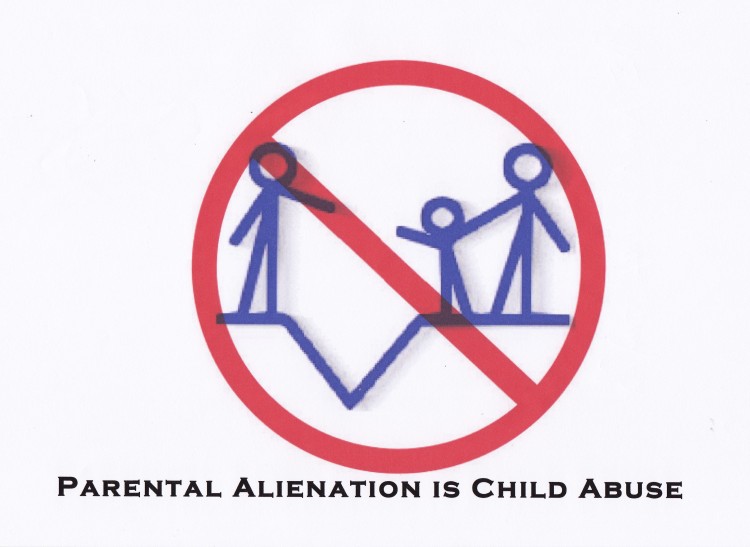 While therapists are unlikely to testify for fear of tarnishing the patient-doctor relationship between the therapist and child, a therapist can help the child navigate his or her negative feelings toward the targeted parent and help the child recognize “real” vs. “imaginary” fears. Also, if a child custody expert later becomes involved in the case, the child’s therapist will be a valuable resource for the child custody expert to understand if the child is being alienated and how it is affecting the child.
While therapists are unlikely to testify for fear of tarnishing the patient-doctor relationship between the therapist and child, a therapist can help the child navigate his or her negative feelings toward the targeted parent and help the child recognize “real” vs. “imaginary” fears. Also, if a child custody expert later becomes involved in the case, the child’s therapist will be a valuable resource for the child custody expert to understand if the child is being alienated and how it is affecting the child.
While counterintuitive at first, a targeted parent may want to consider attending therapy or attending a parenting class. Being the targeted parent is stressful, isolating, and may feel like the damaged relationship is too difficult to repair. You may find going to therapy can help you cope and help you develop parenting strategies. Going to a parenting class may also be helpful. It may help you discover how to prevent breakdowns in communication with the other parent, which may lessen their desire to alienate the child. It can also help you recognize if you are also participating in poor parenting behaviors. It is not uncommon for a parent who alleges the other parent is alienating the child to be engaging in similarly problematic behavior.
It can also help you recognize if you are also participating in poor parenting behaviors. It is not uncommon for a parent who alleges the other parent is alienating the child to be engaging in similarly problematic behavior.
If the family dynamic allows for it, talk to the other parent. Discuss whether you want to attempt talking about the issue with the other parent with an attorney. Sometimes it is helpful if the other parent did not realize that they are hurting the child’s relationship with the targeted parent. However, sometimes talking to the alienating parent will cause them to become defensive or to alienate the child more subtly. If the parent tries to go “underground” with their alienation, it can be harder to prove in Court later on. If you do decide to talk about it with the other parent, do not be accusatory. Try to state what behaviors you have seen the child display and try to frame the problem as something you can work on together as co-parents.
If there is time, these are steps you can take before going to court as judges often prefer to see families attempting to resolve issues before resorting to court. Also, the Court may order you to do these steps anyway and if you are already following them, it shows the Court that the issue may be more serious.
Also, the Court may order you to do these steps anyway and if you are already following them, it shows the Court that the issue may be more serious.
Going to Court.
If alienation is occurring before the entry of any parenting time orders, you can raise this issue to the Court and present it at your permanent orders hearing. If you already have an established parenting plan, to have this heard by the Court, you need to file a post-decree motion. Most frequently, someone dealing with parental alienation files a motion to modify parenting time. It may be the best strategy to state that you don’t know what parenting time schedule would be best, but you want the Court to look at what’s been happening. More often than not, a motion to modify will be accompanied by a motion seeking the appointment of a child custody expert. The child custody experts appointed in Colorado would be a Child and Family Investigator (“CFI”) or a Parental Responsibilities Evaluator (“PRE”).
Use of an Expert.

You will want to research whether you want a CFI or a PRE and who you want the court to appoint very carefully. Both a CFI and PRE will have you complete some initial paperwork to give them your family’s background and current issues. They will also meet with both parties, individually and with the children present, and will meet with the children personally.
A CFI is the least expensive option, as the CFI appointment statute caps the CFI’s fees at $2,750. However, a CFI may not have a mental health background; they are frequently attorneys. Thus, you want to ensure that they are equipped to analyze alienating behaviors.
A PRE is much more expensive; the costs can range from $8,000 to over $25,000. The reason for the increased costs is that a PRE is a mental health professional, and they have the discretion to conduct mental health evaluations of the parties involved. They usually meet with the parties and the children more often than a CFI, and their reports are usually much more detailed.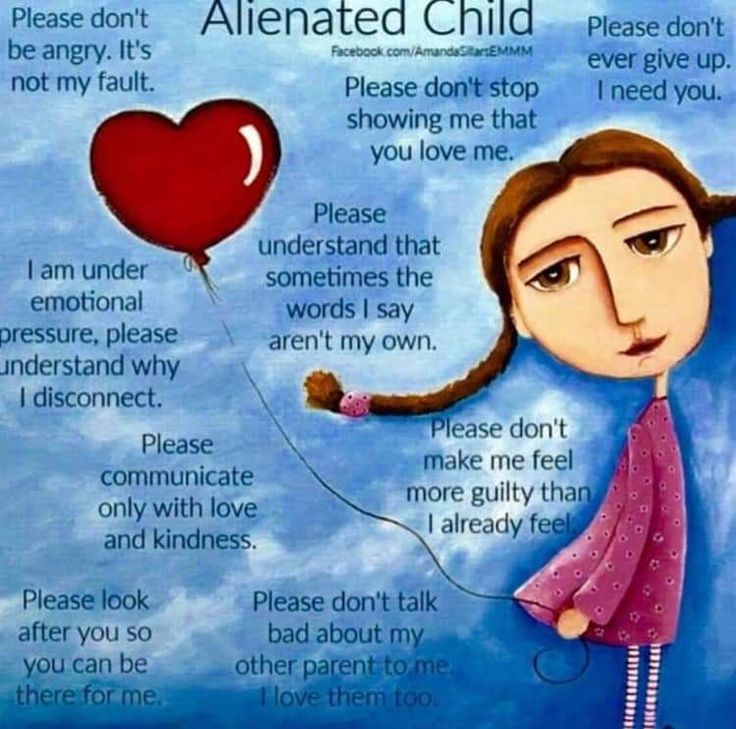
Both experts will analyze the case and make recommendations through the lens of the applicable standard (which is most often the Best Interest of the Child Standard). These recommendations are submitted to the Court and, if the parties cannot settle, the Court will often take the expert’s report into consideration when making a ruling. The expert can recommend not just changes to parenting time, but can also recommend therapy and other changes to the parenting plan.
Knowing how to communicate with the expert is critical. You will want to be clear and concise about your concerns, and you’ll want to at all times remain child-focused. Your first opportunity to lay out your case is in the initial paperwork to the expert, so you will want to be as detailed as possible. You may also want to send the expert pictures and text messages for them to review. You will also want to be careful when discussing alienating behaviors. Some experts do not use the word alienation in their work at all, so you will want to be clear about what is happening and how it is affecting the child without overanalyzing or quickly applying labels to the behavior or situation.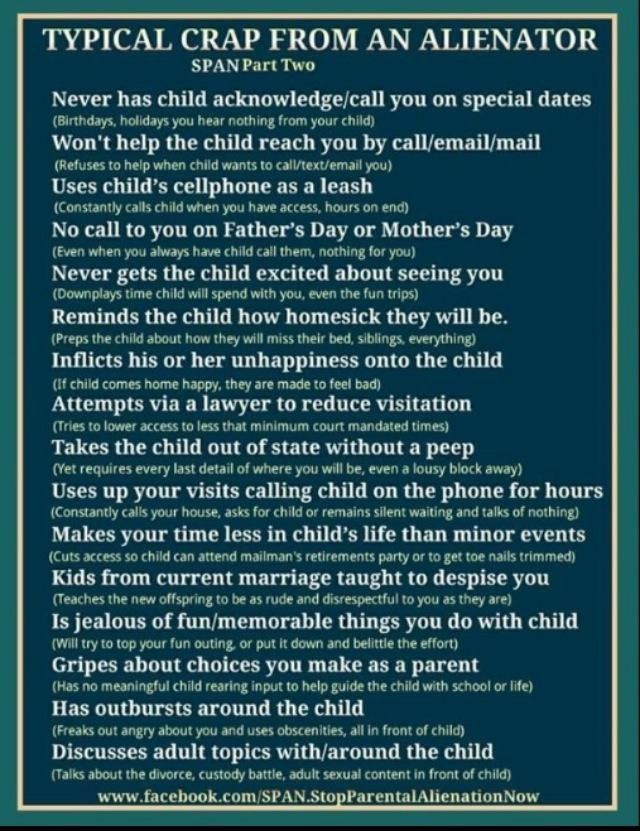
If Parental Alienation is Shown, How Does a Court Deal with It?
If you can show parental alienation is occurring and that the alienating parent is detrimentally affecting your relationship with the child, the Court can deal with it in a variety of ways. Often a Court will order therapy, to include individual therapy, family therapy, or reunification therapy, or a combination of therapies. The Court may also order more specific language in the parenting plan that forbids a parent from denigrating the other and provide specific ways that the parties should communicate with the child. The Court may also order that one or both parties attend parenting classes. The Court may order these things and not change the parenting time arrangement, which is why you should try to do as many of these things prior to going to court for help.
Research on this issue suggests that changes in parenting time arrangements in favor of the targeted parent is an effective strategy for improving child-parent relationships and reducing distress in the child, and the Court may order that the targeted parent have more parenting time.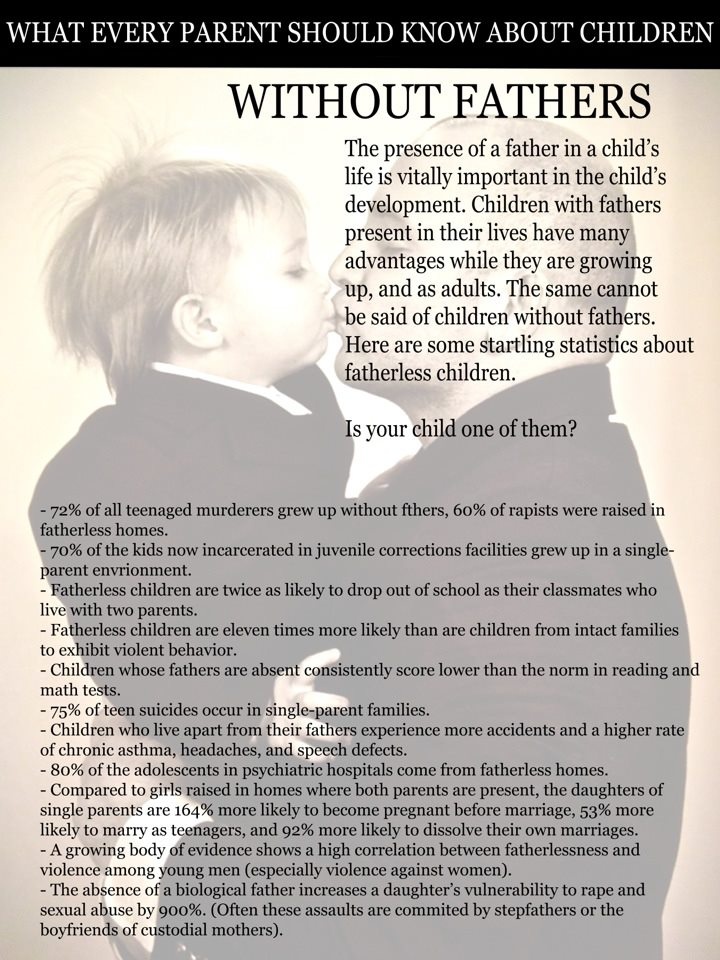 However, the Court may find that the alienating parent is harming the relationship between the child and the targeted parent, but still not change the parenting time schedule. As stated above, the most likely standard is the Best Interest of the Child Standard, and the Court may determine that even with the bad behavior, parenting time should not change. This is more likely to happen if the alienating parent already has limited time with the child, and the Court feels limiting it even more will cause the child becoming even more alienated. In other cases, if the alienation is severe enough, the Court may first order reunification therapy and a step-up parenting schedule that slowly gives the targeted parent more and more time with the child for longer stretches.
However, the Court may find that the alienating parent is harming the relationship between the child and the targeted parent, but still not change the parenting time schedule. As stated above, the most likely standard is the Best Interest of the Child Standard, and the Court may determine that even with the bad behavior, parenting time should not change. This is more likely to happen if the alienating parent already has limited time with the child, and the Court feels limiting it even more will cause the child becoming even more alienated. In other cases, if the alienation is severe enough, the Court may first order reunification therapy and a step-up parenting schedule that slowly gives the targeted parent more and more time with the child for longer stretches.
Conclusion
If you suspect parental alienation is occurring, it is important to intervene early before the alienating parent and the child become entrenched. Unfortunately, one of the most frustrating aspects of an alienation case is that sometimes, even after multiple experts and multiple court interventions, the alienating parent refuses to stop the alienating behavior.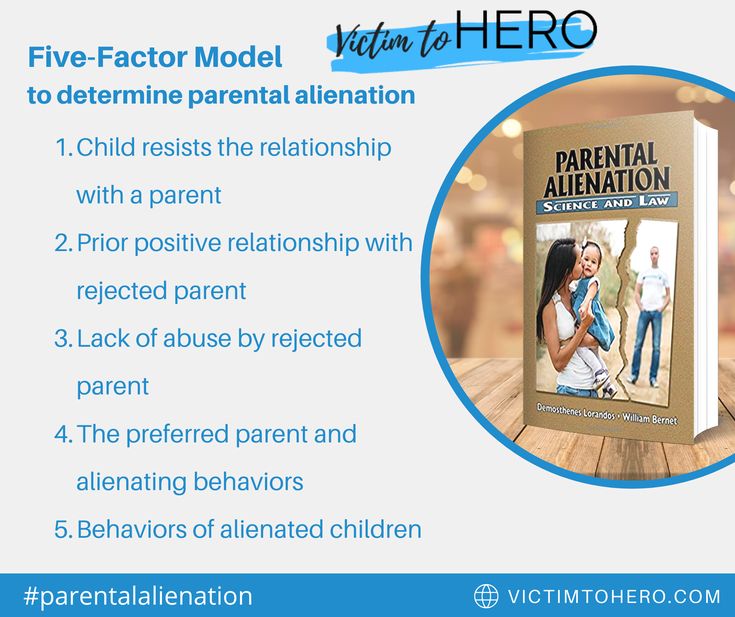 The Court could order supervised parenting time, but that is not a long-term solution. In those severe cases, the most important thing a parent can do is to maintain the relationship with the child. Unfortunately, the relationship may continue to be damaged until the child is older and possibly realizes what is going on. Thus, in severe alienation cases, it is imperative to keep the child enrolled in therapy as much as possible, so they can work through these feelings in as healthy a way as possible, which paves the way to repair the relationship in the future.
The Court could order supervised parenting time, but that is not a long-term solution. In those severe cases, the most important thing a parent can do is to maintain the relationship with the child. Unfortunately, the relationship may continue to be damaged until the child is older and possibly realizes what is going on. Thus, in severe alienation cases, it is imperative to keep the child enrolled in therapy as much as possible, so they can work through these feelings in as healthy a way as possible, which paves the way to repair the relationship in the future.
Christopher Griffiths is a Shareholder and Chief Financial Officer at Griffiths Law—a law firm specializing in family law and civil litigation.
Schedule a Consultation
"*" indicates required fields
OVERCOMING PARENTAL ALIENATION WITH AN EFFECTIVE COURT RESOLUTION: pas_pa - LiveJournal
Stanton Samenov , Ph.D., received his bachelor's degree.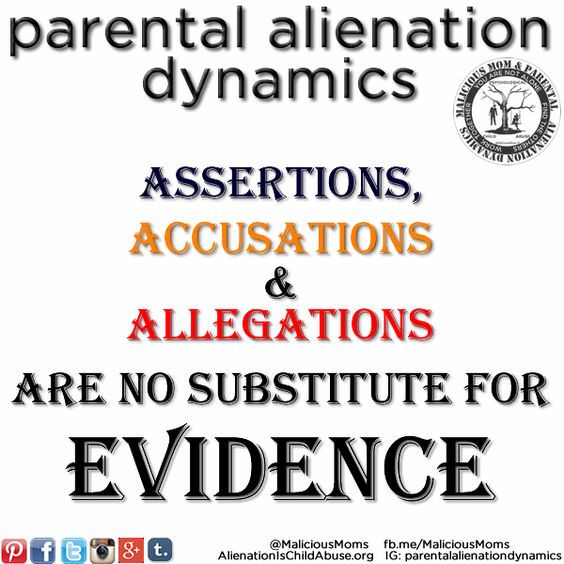 (Hons) from Yale University in 1963 and a Ph.D. in 1968 in Psychological Sciences from the University of Michigan. After working as a clinical psychologist in teen mental health services in the Ann Arbor, Michigan area, he joined the Criminal Conduct Program at St. Elizabeth Hospital in Washington, DC. From 1970 to June 1978 he was a research psychologist for this program. The results of this research are contained in the three-volume publication The Criminal Person (Lanham, Md.: Roman and Littlefield) co-authored with Dr. Jochelson.
(Hons) from Yale University in 1963 and a Ph.D. in 1968 in Psychological Sciences from the University of Michigan. After working as a clinical psychologist in teen mental health services in the Ann Arbor, Michigan area, he joined the Criminal Conduct Program at St. Elizabeth Hospital in Washington, DC. From 1970 to June 1978 he was a research psychologist for this program. The results of this research are contained in the three-volume publication The Criminal Person (Lanham, Md.: Roman and Littlefield) co-authored with Dr. Jochelson.
In 1987 he was appointed by President Reagan to attend the White House Conference on a Drug-Free America
Dr. Samenov's book Inside the Criminal Mind (New York: Times Books / Random House) was first published on 1984 year. In addition, he has written numerous articles for professional publications and has appeared frequently on national radio and television programs including 60 Minutes, The Phil Donahue Show, Good Morning America, CBS Morning News, The Today Show and The Larry King Show.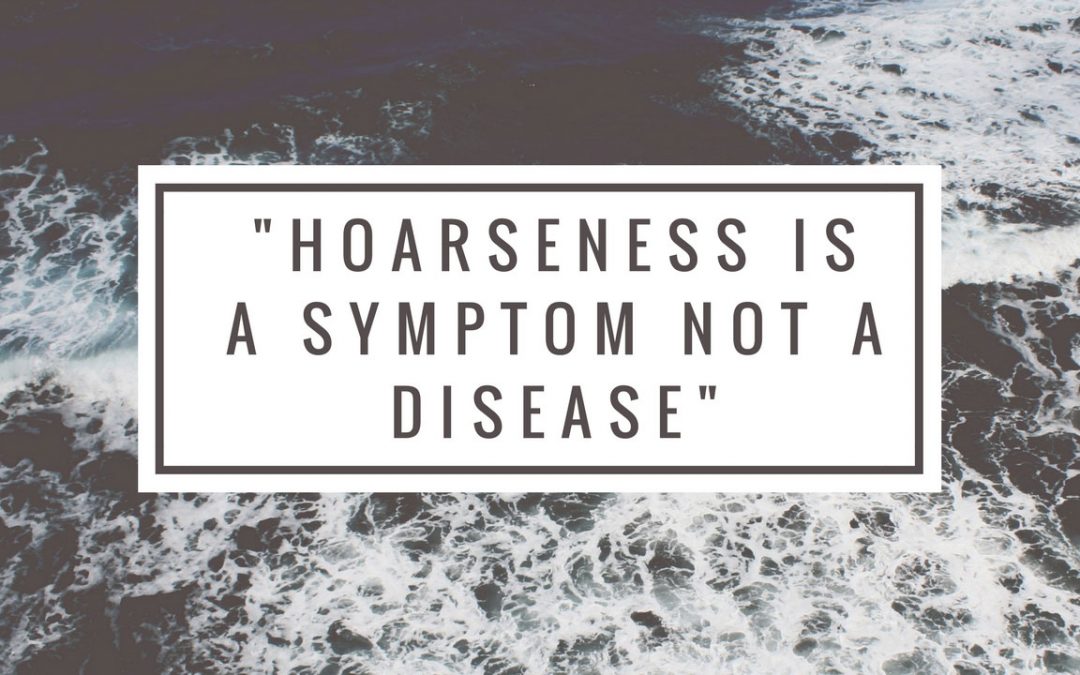 Straight Talk About Criminals was published by Jason Aronson in April 1998.
Straight Talk About Criminals was published by Jason Aronson in April 1998.
In March 1989 Dr. Samenov's book on the prevention of antisocial behavior was published. It's called Before It's Too Late: Why Some Kids Get in Trouble and What Parents Can Do About It (New York: Times Books/Random House).
Dr. Samenov wrote a book based on his experience as an independent family expert, published in 2002. It is titled "In the Best Interest of the Child: How to Protect Your Child from the Pain of Your Divorce".
EFFECTIVE COURT DECISION ON THE CASE OF PARENTAL ALIENATION
A child must not lose a parent
-effective-remediation-parental-alienation
Posted on July 01, 2019
Six-year-old Steven had absolutely nothing to say about his father. He wouldn't even call him his father, instead calling him "Ralph", just by his first name. The situation was so extreme that it required an independent examination of the child.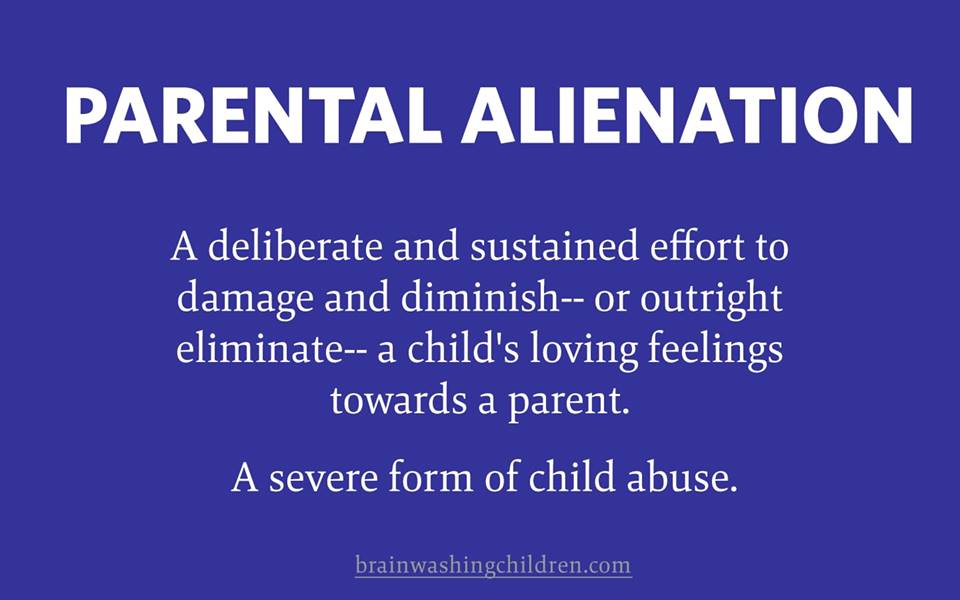 My examination entailed detailed interviews of the boy, his parents, school staff and many other people who knew the family well. In this brief description of the case, the names have been changed. What happened in Stephen's case shows that litigation can help extreme cases of parental alienation.
My examination entailed detailed interviews of the boy, his parents, school staff and many other people who knew the family well. In this brief description of the case, the names have been changed. What happened in Stephen's case shows that litigation can help extreme cases of parental alienation.
Stephen told me that, Ralph Thomas, his father had changed a lot. The boy claimed: “Ralph was very good. But then he changed. All he cares about is money. He lies all the time. He wants me to think he's a good guy and he's not a good guy." Stephen said his father mistreated him and his mother, even refusing to "share the money" with her. The boy had a variety of terrible words, from small criticisms such as "microscopic dust" messing up Mr. Thomas' house, to stating that his father had threatened to kill him. Steven claimed that his father did not feed him adequately, forced him to spend time in a snake-infested basement, and that he was "slapped" and "hit" as he was "beaten". Everything about his father was bad and evil. The boy called Mr. Thomas's friends "maniacs, crazy and vile." Similarly, he condemned relatives on his father's side.
Everything about his father was bad and evil. The boy called Mr. Thomas's friends "maniacs, crazy and vile." Similarly, he condemned relatives on his father's side.
But from time to time something positive flashed in his attitude towards his father. In my waiting room, I was stunned to see Stephen curled up in his father's lap. Sometimes Stephen mentioned pleasant activities with his father. From time to time he called his father "dad" and then corrected himself as if he had made a mistake.
As I plunged into this lengthy process, it became apparent that Stephen had formulated his extremely negative opinions based largely on what his mother had told him. When Stephen was comfortable talking, he revealed that his mother had been involved with a man and had slept with him. "Mom didn't want me to tell you about it," he admitted. He talked about how wonderful his mother's lover was compared to his father - smarter, nicer, more fun. Steven said: “My mother and he are the nicest people.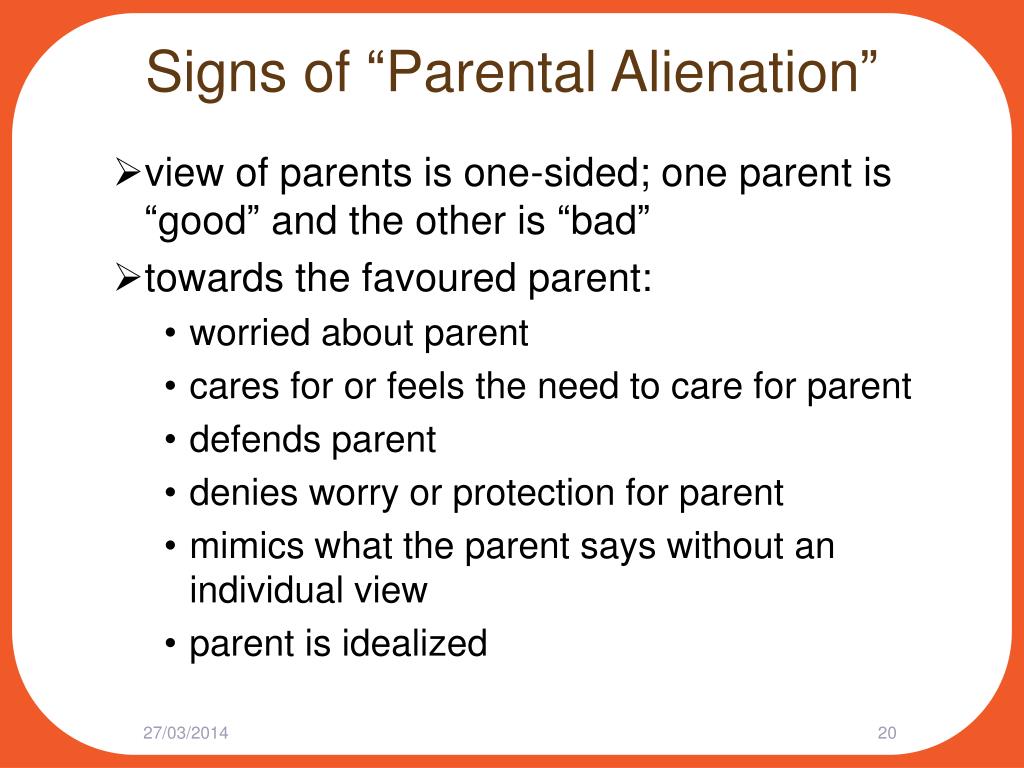 Ralph is the worst person." He told me, “I don't like my dad anymore. I already have another dad right now."
Ralph is the worst person." He told me, “I don't like my dad anymore. I already have another dad right now."
From interviewing and testing my father and getting information from other sources, I realized that Ralph Thomas was not the man Steven described. Susan Thomas, Stephen's mother, did her best to remove her husband completely from his son's life. Stephen was emotionally torn apart, and his behavior showed it. He began to hate school. Stating that he enjoys "beating kids", Steven said, "The funniest thing is that I can beat people." It was said by a boy who was never belligerent and bully. This child felt in danger of loving anyone or even loving his father without fear of displeasing his mother.
Throughout my examination, Susan Thomas campaigned against her husband, whom she wanted to divorce as soon as possible. During the interview, she vowed to "shine light on the bad temper of Mr. Thomas and his bad influence on Stephen". She claimed that Ralph wanted Stephen never to be born.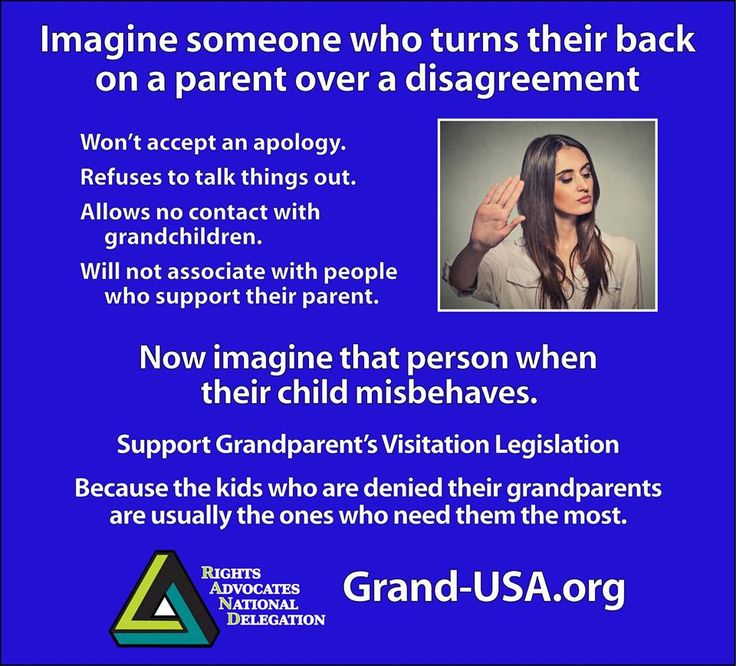 She stated that her husband abused their son and taught him that it was okay to beat women. Susan Thomas portrayed Ralph as completely unfit as a parent and went so far as to claim that she engaged in "inappropriate sexual activity" with another man in Stephen's presence. Susan claimed that her current boyfriend is a great role model for her son.
She stated that her husband abused their son and taught him that it was okay to beat women. Susan Thomas portrayed Ralph as completely unfit as a parent and went so far as to claim that she engaged in "inappropriate sexual activity" with another man in Stephen's presence. Susan claimed that her current boyfriend is a great role model for her son.
Throughout the examination, Mr. Thomas was open to cooperation, willing to admit mistakes and was self-critical. Considering everything he was accused of, he was completely unprotected. Instead of trying to defend himself against his wife's slander, Ralph focused on his dismay over the ill effects of a custody battle over Stephen. Ralph Thomas proved to be generous and optimistic by nature. While depicted as a monster, he was, on the contrary, meek and impartial. Mr. Thomas justified his wife's behavior by telling me, "I know she doesn't mean what she says." He despaired that his wife felt "so much hatred and anger" towards him that she ruled out the possibility of raising her son together. He expressed concern that Susan and her boyfriend were trying to "create a friendly family" and thereby exclude him from participation in Stephen's life. Ralph told me, "Whenever Steven wants something and I refuse, he threatens me saying he's going to tell his mother and she'll ask the judge to force me."
While the examination was going on, Stephen admitted that he missed his father and even expressed a desire to contact him in person and by phone. Positive feelings also seeped into his negative narrative about his relationship with his father.
The court spent many hours hearing and deliberating this case. I have recommended that the court grant sole custody of Stephen to the father. That's exactly what the judge did. Shortly after the new guardianship decision went into effect, Ralph allowed Stephen's mother to have more time with her son than the judge allowed. A generous and forgiving man, he knew it was important that, despite Susan's attempts to destroy him, Stephen needed to have a relationship with his mother.
I was asked to reevaluate a few months after the change of custody of the child. When I asked Stephen about his father's life, the boy replied: “It's all right. I'm getting used to it. We are having a good time". What mattered most about the new arrangement was that he was spared the unending suffering caused by his parents' endless conflict. "I like it when they don't fight," he stated. Stephen mentioned that his father even invited his mother to dinner several times.
Stephen began to participate in regular sessions with a psychologist. During the first six months of treatment, the therapist witnessed "a dramatic transition from a list of complaints" to Stephen becoming increasingly comfortable living with his father. In addition, Stephen's school behavior and academic performance improved markedly. The psychologist stated: “I see no reason for any change. The kid has adapted very well.”
It is a very difficult task for any judge to formulate his opinion and make a life-changing decision, especially if the judge knows little about the persons involved. In a short amount of time, the judge should become familiar with the parents' identities, family dynamics, and outstanding issues. A thorough independent review of custody by a qualified professional can be invaluable . By bringing to the fore issues such as parental alienation, such an examination can help the judge decide what is truly in the child's best interests.
COMMENT
wow, a lot of hard work
Submitted by Anonymous on July 1, 2019 - 10:19 PM0003
This is probably the best result under the circumstances
Also another piece of advice is not to take everything for the truth, not to rush to conclusions and not to rush to make assumptions.
Other articles on successful overcoming parental alienation:
Successful overcoming the parental alienation (1)
Successful overcoming the parental alienation (2) 9 9000
Successful overcoming the parental alienation (3)
90,000 parental alienation syndrome: Do not force children to choose
20000 9000 9000 When we part with a partner, passions rage in our soul. And therefore, it is especially important to be attentive to your own words and actions so as not to harm children. After all, if there is a war between adults, not only they suffer from it, but also their common children.
Which side are you on?
The term "parental alienation syndrome" was coined by child psychiatrist Richard Gardner. The syndrome is characterized by a special state in which children plunge during a conflict between parents, when they are forced to "choose" which side to take. This condition is experienced by children whose mothers and fathers do not allow the second parent to participate in the child's life or severely limit communication between family members.
The child begins to experience rejection towards the parent from whom he is separated. He can get angry, declare his unwillingness to see his mom or dad - and do it absolutely sincerely, even if he previously loved this parent very much.
Let's make a reservation: we are not talking about such relationships in which there was violence in any form - physical, psychological, economic. But we may suspect that a child is experiencing parental alienation if his negative feelings are not caused by his experience.
Children can react to what is happening in different ways: someone is sad, someone feels guilty and directs aggression at himself
someone who is no longer part of the family. A child becomes an instrument of revenge on a partner when there are no good reasons to forbid communication with the second parent, and before the divorce, there were warm and tender relations between family members.
“Dad treated me badly, so I don't want to see him” is the child's own opinion. “Mom says dad is bad and doesn’t love me” is the opinion of a parent. And far from always such messages are dictated by concern for the feelings of the child.
“It is important to understand that it is extremely difficult for a child in general when his parents swear or quarrel. And if one turns him against the other, the situation is much more difficult, says clinical psychologist and Gestalt therapist Inga Kulikova. - The child feels a strong emotional stress. It can be expressed in different ways, including in the form of aggression, irritation, resentment against one of the parents, or both. And these feelings will be manifested in the address of the parent with whom it is safer to present them. Most often, this is the adult who is present in the life of the child episodically or does not take part in it at all.
Let's talk about feelings
What does it feel like for a child who has experienced parental alienation syndrome? “When the rejection of one of the parents is nurtured in a child, he experiences a serious internal conflict,” says Inga Kulikova. - On the one hand, there is a significant adult with whom relationships and affection are formed. The one he loves and the one who loves him.
On the other hand, the second significant adult, no less beloved, but who has a negative attitude towards his ex-partner, prevents communication with him. It is extremely difficult for a child in such a situation. He does not know whom to join, how to be, how to behave and, thus, remains without support, alone with his experiences.
If the family broke up not by mutual agreement, and the separation was preceded by quarrels and scandals, it is not easy for adults to hide their negative emotions towards each other. Sometimes the parent with whom the child lives prefers not to hold back and, in fact, transfers the function of a psychologist or girlfriend to the child, pouring out all his pain and resentment on him. It is categorically impossible to do this, because such a burden is beyond the power of children.
“In such a situation, the child feels confused: on the one hand, he loves his parent, wants to sympathize with him. But he also loves the second parent! And if the child takes a neutral position, and the adult with whom he lives does not like it, then the little hostage of the situation may experience a toxic sense of guilt, feeling like a traitor, ”says Inga Kulikova.
Children have a certain margin of safety, but each one is individual. And if one child can overcome hardships with little loss, then they can affect the state of another in the most negative way.
“Children can react to what is happening in different ways: someone is sad and sad, often getting sick and catching a cold, someone feels guilty and directs all aggression towards himself, which can lead to symptoms of depression and even suicidal thoughts the expert warns. - Some children withdraw into themselves, stop communicating with their parents and friends. Others, on the contrary, express their internal tension in the form of aggression, irritation, behavioral disorders, which, in turn, leads to a decrease in academic performance, conflicts with peers, teachers and parents.
Temporary relief
According to Gardner's theory, there are various factors that influence whether a parent's rejection syndrome will manifest itself. If the parent with whom the child was left is very jealous of his ex-spouse, angry with him and talking about it out loud, it is likely that the children will join these feelings.
Sometimes the child begins to actively participate in creating a negative image of the mother or father. But what is the mental mechanism that causes a child who loves both mom and dad so much to team up with one parent against the other?
“When parents quarrel or, moreover, get divorced, the child feels intense anxiety, fear and internal emotional stress,” says Inga Kulikova. - The usual state of affairs has changed, and this is stressful for all family members, especially for a child.
He may feel guilty about what happened. May be angry or resentful of a parent who left. And if at the same time the parent who stayed with the child begins to criticize and condemn the other, to expose him in a negative light, then it becomes even more difficult for the child to live through the breakup of the parents. All his senses intensify and sharpen."
Children may develop a lot of aggression towards a parent who speaks badly of another and prevents communication with him to what is happening.And when children take the side of one of the adults - usually those with whom they live - it becomes easier for them to put up with the situation.
“When united with one of the parents, the child feels more secure. So he gets a legal opportunity to openly be angry at the "alienated" parent. But this relief is temporary, since his feelings are not processed and integrated as an experienced experience, ”the psychologist warns.
Of course, not all children accept the rules of this game. And even if their words and actions speak of loyalty to their parents, their feelings and thoughts do not always correspond to what they declare. “The older the child, the easier it is for him to keep his opinion, despite the fact that one of the parents broadcasts a negative attitude towards the other,” explains Inga Kulikova. “In addition, children may develop a lot of aggression towards a parent who speaks badly of another and prevents communication with him.”
Wouldn't it get worse?
Many parents who have been banned from seeing their children give up and stop fighting to keep in touch with their children.
Sometimes such mothers and fathers motivate their decision by the fact that the conflict between parents will have a bad effect on the child's psyche - they say that they "protect the feelings of the child."
What role does the fact that a parent generally disappears from the radar or simply appears extremely rarely in the children's field of vision play in the development of the situation? Does he confirm by his behavior their “guesses” that the parent is really “bad”?
“If an estranged parent rarely sees their child, this aggravates the situation,” Inga Kulikova emphasizes. - The child may perceive this as a rejection, feel guilty or angry with an adult. After all, children tend to think a lot, to fantasize. Unfortunately, often parents do not know what exactly the child fantasizes about, how he perceives this or that situation. It would be nice to talk to him about it."
What to do if the second parent refuses to let the children go with the former partner even for a couple of hours? “In an acute situation, when one of the partners is very negatively disposed towards the other, it may be useful to take a short pause,” the psychologist believes.
After that, you can start to slowly build a new contact. No matter how difficult it may be, you need to try to negotiate with the second partner, designate a distance that suits both, and continue to communicate with the child. At the same time, try not to ignore the former partner and his experiences, otherwise this may lead to an aggravation of the conflict and aggravate the situation.
Between me and you
Many grown-up children whose mother and father could not find a common language after the divorce remember how the other parent tried to communicate with them while the other adult was not looking. They also remember the feeling of guilt before those with whom they lived. And the burden of keeping secrets...
“There are situations when an estranged parent secretly seeks to meet his children, comes to their kindergarten or school,” says Inga Kulikova. - This can have a bad effect on the psycho-emotional state of the child, as he finds himself between two fires.
He wants to see one parent - and at the same time will have to hide it from the other.
Feel sorry for ourselves
In the heat of resentment and despair from the fact that we are not allowed to communicate with our closest and loved ones, we can say things that we will later regret. “It is tempting for an alienated adult to try to form a coalition with the child against the other parent, allowing himself to make negative statements and accusations against him. This information will also overload the child’s psyche and cause unpleasant feelings,” says Inga Kulikova.
But what should we answer if a child asks difficult questions, to which we ourselves cannot find the answer? “It would be appropriate to indicate that there is a very difficult and tense relationship between parents, and it takes time to figure it out, and this is the responsibility of adults. At the same time, it should be noted that love and warm feelings for the child remain, it is still significant and important for both parents, ”says the expert.
![]()
If for various reasons you cannot communicate with children and suffer from this, do not think that your feelings are not worthy of attention. Perhaps taking care of yourself is the best thing you can do right now. “It is important for a parent who is not allowed to communicate with a child to maintain the position of an adult. And this means understanding that the child's negative feelings towards him can be caused by a traumatic situation.
If you are very worried, it is worth contacting a psychologist for help. A specialist can support, help to realize strong emotions, live them. And, most importantly, figure out which of these feelings you have for the child, which for the former partner, which for the situation as a whole. After all, it is often a ball of different emotions and experiences. And if you unravel it, it will become easier for you, ”concludes Inga Kulikova.
Working with a psychologist, you can also learn how to communicate with the child and the other parent more effectively, get acquainted with unusual, but effective strategies for communication and behavior.
![]()
